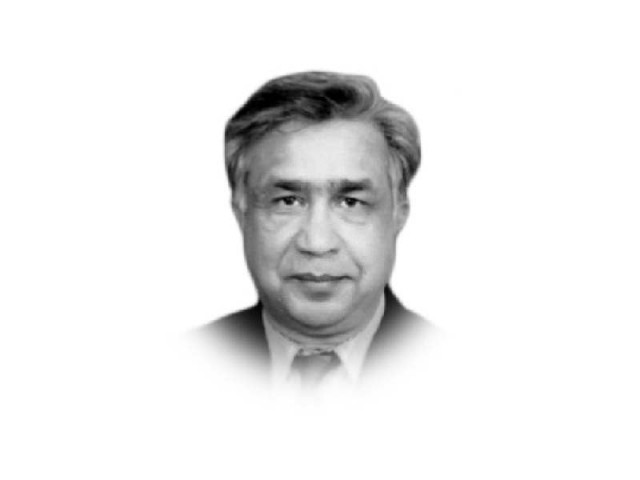Intellectualism in postcolonial Pakistan
Much of intellectualism is not proactive in terms of support for masses via constructive criticism of state policies

An intellectual is generally thought of as an anti-establishment entity supposed to speak for and on behalf of the nation’s downtrodden. But in postcolonial states like Pakistan, much of intellectualism is not proactive in terms of support for the masses via constructive criticism of state policies. An intellectual, as in the US and other developed states, critiques the policies of the government through fictional narratives, public discourses, critical writings and classroom discussions. But the postcolonial nature and inherent ruling structures in Pakistan do not let an intellectual play his role in a befitting manner and so there is no criticism on the policies of the state let alone challenging them.
The precolonial, colonial and postcolonial times in the Indo-Pak subcontinent range from the 18th century to the mid of the 20th century after the end of World War II which triggered decolonisation because of the uprising of nationalistic sentiment fueled by the desire for independence. Ostensibly, the discourses and narratives to get rid of the British colonial control entailed that the people of the subcontinent aspired to exercise their home rule in line with their social and cultural norms. But even after the passage of 70 years, it has happened only partially.
A major reason for this failure to gain full independence is the socio-political intervention of colonial forces that reshaped socio-cultural institutions and established new political, educational, financial and social institutions with such a vigour that postcolonial states are still struggling with the conflicts occurring because of the colonisation. This is specific about Pakistan too; and so the intelligentsia here, instead of functioning in line with the vision of the Quaid-e-Azam enunciated in his inaugural speech as Governor General of Pakistan, is still toeing the lines of Eurocentric discourses on the non-friendly attitude of governments and their policies.
Another significant factor for this inability of intellectualism to let a people-centric debate prevail is that democratic forces in Pakistan have not been as strong and stable as in western democracies. So the burden of criticism is only afforded by the politician for his failure to develop Pakistan into a tolerant, oppression-free welfare state. While intellectuals like Noam Chomsky, Edward Said, Ashcroft, Mark Bracher, Homi K Bhabha, Foucault, Gramsci, Masood Ashraf Raja have played an effective role in shaping a people-friendly view of the state, Pakistani intellectuals are still struggling to put their best foot forward because political institutions still need time to achieve a certain level of strength to afford intellectual critique and debate. Only then would the intellectual be secure enough to point out the gaps and the loopholes for the sake of the welfare of the people and for the health of the state.
Institutions of higher learning are the breeding ground for intellectual opinion and serve to strengthen it. The universities in the west assume a significant position when the state needs to understand a given situation or to revise or improve upon its policies on certain national or international issues. State-sponsored or university-afforded debates are arranged in order to generate the intellectual opinion of an issue so that a beneficial solution could be reached.
These debates as well as national and international conferences have proved a workable forum for intellectuals, professors and academics to share their insight about the prevailing and emerging global issues. In Pakistan also, universities are offering such platforms which need to be strengthened through provision of funds so that policies could be formulated to tackle socio-political issues effectively. The legacies of the colonial era are hard to shed away, but through an increased literary production about history, culture, legacy and people and their socio-economic psychologies, at least a certain level of freedom can be achieved. Literary discourses must be produced both in English and in national and regional languages. This is an effective way to share our stories with each other and with the world as a comprehensive and tolerant way of speaking. And the next step is to let the intellectual speak, critique, debate and develop a positive, people-friendly discourse to further develop Pakistan’s image as a peace-loving, tolerant and developed welfare state.
Published in The Express Tribune, January 22nd, 2022.
Like Opinion & Editorial on Facebook, follow @ETOpEd on Twitter to receive all updates on all our daily pieces.














COMMENTS
Comments are moderated and generally will be posted if they are on-topic and not abusive.
For more information, please see our Comments FAQ